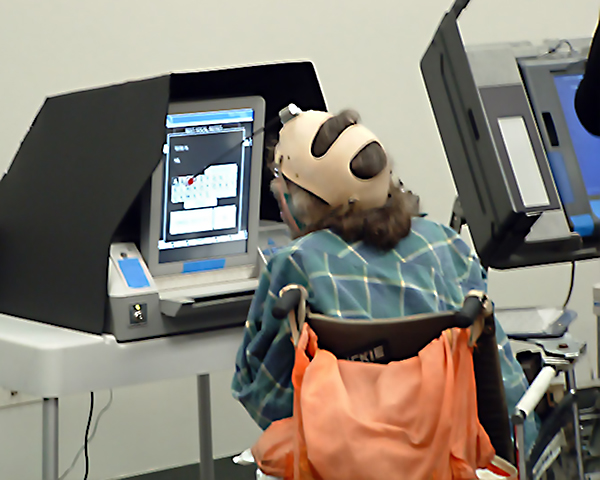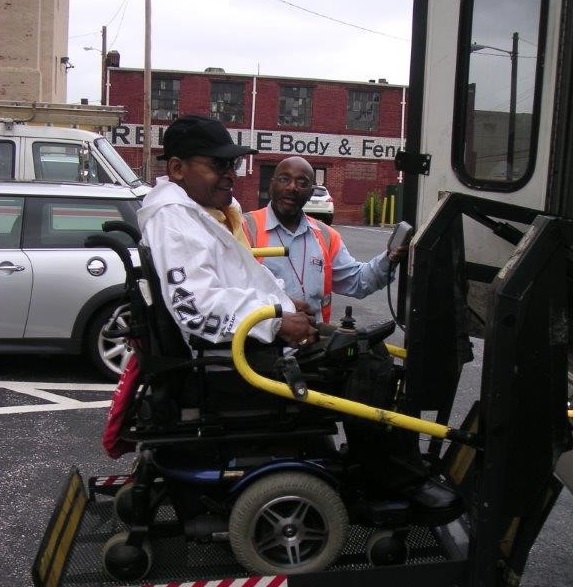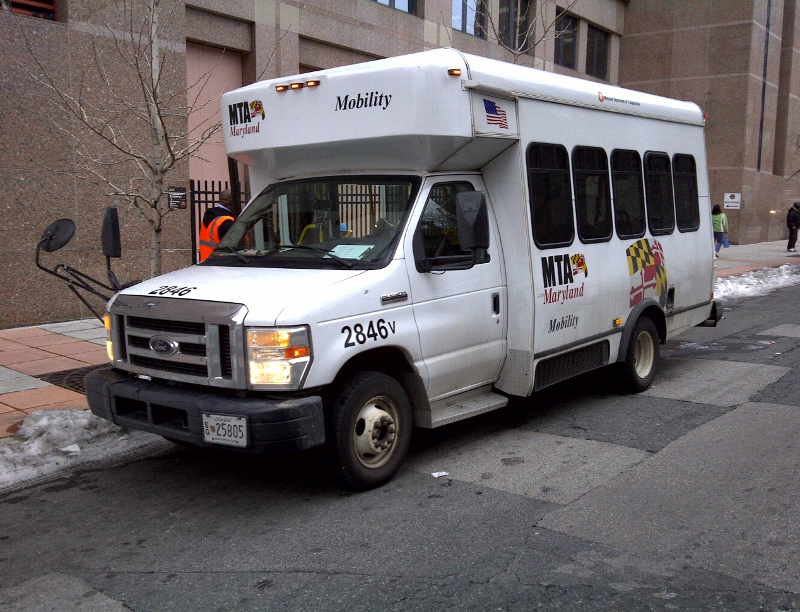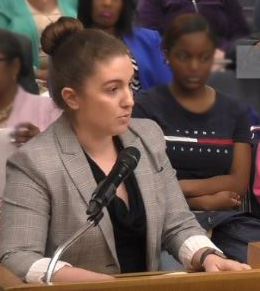During the Democratic presidential debate on December 19, 2019, Tom Steyer was asked what specific steps a president could take to integrate individuals with disabilities into the workforce and their local communities. This is one of the first times, this election cycle, that a Democratic presidential debate included a prominent question about how candidates planned to address the needs of individuals with disabilities. Mr. Steyer surmised that the issues facing individuals with disabilities could be solved through increased focus and funding.
The question was then posed to Andrew Yang. Mr. Yang discussed his experience as a father of an autistic child while reframing the issue. Candidate Yang posited that the crux of the issue is how American society conflates economic value with human value. Mr. Yang proposed a “freedom dividend” of $1,000 a month to help families and suggested that the issue of education should be a federal priority, not a local one. Disability advocates have discussed potential conflicts between the freedom dividend and existing federal benefits programs.
Senator Elizabeth Warren, a former special education teacher, requested time to answer the question and proposed fully funding the Individuals with Disabilities Education Act (IDEA). When Congress initially passed IDEA they promised to fund 40% of the additional cost of special education. Currently, the federal government only funds approximately 14% of the extra cost. DRM staff works to ensure students in Maryland receive a free appropriate public education in the least restrictive environment, a right guaranteed by the IDEA and Section 504 of the Rehabilitation Act.
Senator Warren also discussed her housing plan which includes provisions related to increasing housing for people with disabilities that want to live independently. Finally, Senator Warren promised to address the pay disparity between individuals without disabilities and those with disabilities in federal contracts. DRM supported efforts to pass The Ken Capone Equal Employment Act (EEA) to abolish the payment of subminimum wage to people with disabilities in Maryland by 2020.
Disability Rights Maryland (DRM) was encouraged that the issue of disability rights was discussed during the Democratic presidential debate. These issues directly impact the 61 million Americans with a disability who make up approximately 23% of the electorate. DRM is committed to ensuring that the electoral process is fully accessible. During the 2018 election, Disability Rights Maryland surveyed candidates for statewide office and federal positions on issues related disabilities. DRM will be registering people to vote at a live stream of the Presidential Forum on Disability Issues an event Hosted by the American Association of People with Disabilities (AAPD) and REV UP Texas.





